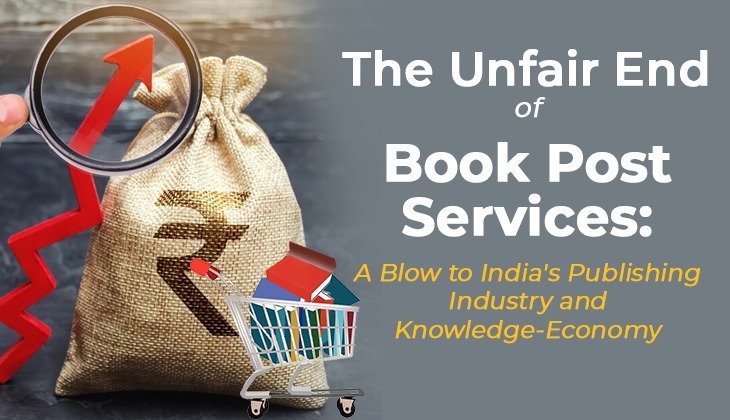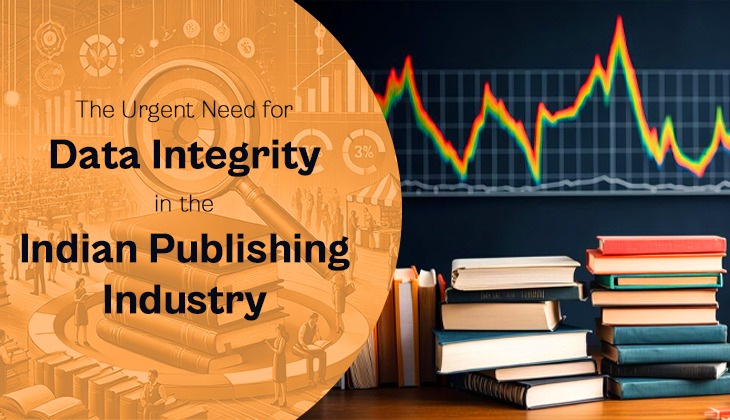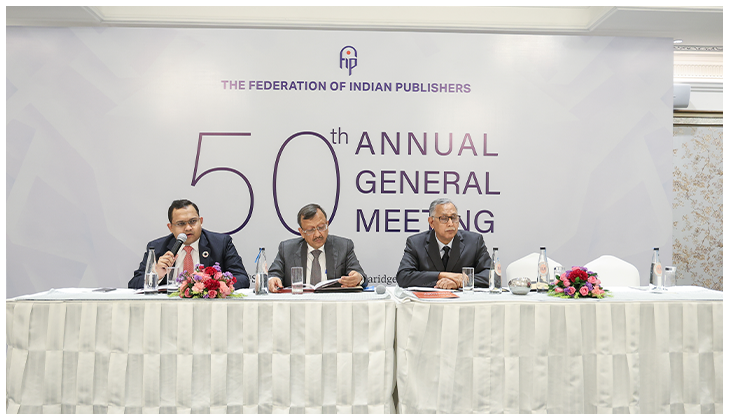Evolving, promising and challenging – while these are the three definite words that describe the publishing industry, new trends and policies keep coming into picture almost every year.
It’s the UGER Model this time around, introduced by the Ministry of Oman. Wondering what it is and how it is going to impact the industry, right? As a part of this vast and ever-growing publishing business, I’d like to share my thoughts on the latest development.
So, what is the new UGER Model?
Initiated by the Ministry of Oman, the model proposes a system where every publisher (small or big) gets the right to publish in Oman, only if it goes through UGER. The company/publisher needs to first get registered with UGER to take his business forward.
Oman is just the beginning; UGER has plans to expand across the UAE and GCC countries as the next step.
My Take:
At present, the UAE has 15+ mid to large sized distributors with differentiated expertise that serves around 600+ schools. Every school has a different set of requirements, which, I believe, can be met by the market only through collaborations. The existing experienced players’ active involvement could help achieve the right delivery and quality.
However, the UGER Model, if implemented, will make collaborations difficult and get everyone under one big umbrella. It will also affect the image and market share of the existing GCC leaders.
Major effects:
Encouraging Monopoly
A monopoly market, as defined by Google, is the exclusive possession or control of the supply of or trade in a commodity or service.
For me, it is best known for consumer exploitation. There are indeed no competing products or companies, and as a result, the consumer gets a raw deal in terms of quantity, quality and pricing.
I believe this model will only bring monopoly to the publishing business in Oman and across UAE in near future that doesn’t seem like a good idea for this ever-evolving business sector.
Corruption, may be?
What happens to the power when it’s controlled by one hand? Thicker chances are that it will be misused, right? Need I say more?
As I conclude, I’d like to underline that I’m not in favour of this model, and in fact, see it as a step against the existing leaders. It would simply narrow down the growth opportunities and leave less scope of innovation.
What are your thoughts?



